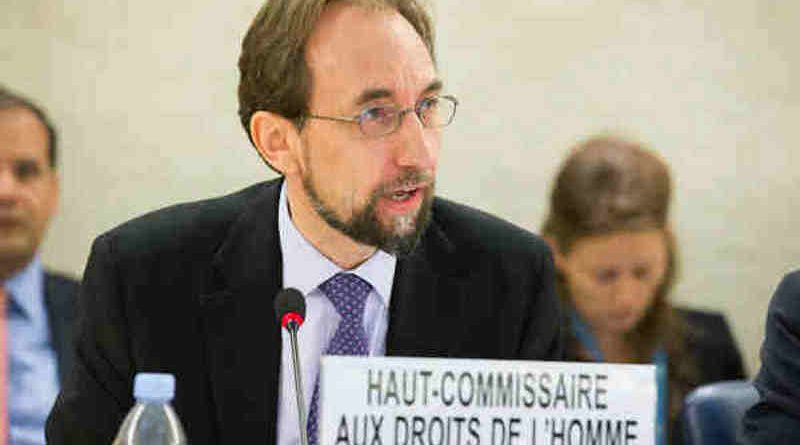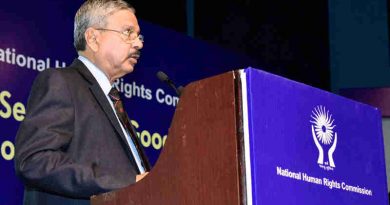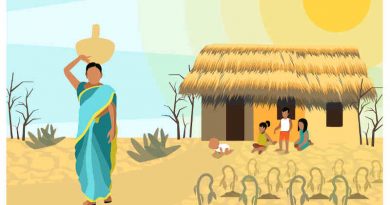Human Rights: Congo Must Allow Peaceful Expression of Dissent

The UN High Commissioner for Human Rights Zeid Ra’ad Al Hussein on Wednesday called on the authorities in the Democratic Republic of Congo to halt the inflammatory rhetoric against protestors.
He also urged them to ensure that demonstrations across the country are handled in line with international human rights laws and standards.
Upon publication of the electoral calendar on 5 November, which states that general elections will take place in December 2018 – two years later than originally scheduled – civil society organisations called for nationwide protests on Wednesday.
In response, a number of alarming comments were reportedly made by provincial police inspectors in Goma and Kinshasa. The Police Nationale Congolaise (PNC) provincial inspector in Kinshasa warned that any gathering of more than five people would be dispersed “mercilessly”, upon the Governor’s orders.
[ Corruption and Hindu Terror Increasing in India: 2017 World Report ]
Even before the announcement of the electoral calendar, between 22 and 23 October, at least 65 opposition political activists were arrested in Lubumbashi, in the southeast of the country. All those arrested were later released, some on bail, but these arrests were part of a worrying pattern of actions to prevent political opponents from gathering.
The High Commissioner called for political leaders at the highest levels to ensure respect for the rights to freedom of peaceful assembly and association and the freedom of expression. He also called on all sides to exercise restraint and to renounce the use of violence.
[ 58 NGOs Urge U.S. to Impose Economic Sanctions on Burma ]
“The inflammatory comments by police authorities ahead of Wednesday’s protests are deeply alarming,” High Commissioner Zeid said. “I call on the Government and security forces to work to defuse tensions instead of creating the conditions for suppression, confrontation and violence.”
The UN’s Basic Principles on the Use of Force and Firearms by Law Enforcement Officials contains very strict guidelines on the use of force, including that “intentional lethal use of firearms may only be made when strictly unavoidable in order to protect life.”
In September last year, 54 people died after defence and security forces used excessive force against demonstrators who were calling for constitutional deadlines to be respected and for President Kabila to step down at the end of his second mandate.
In December, the UN Joint Human Rights Office in the DRC (UNJHRO) documented at least 40 killings of civilians in Kinshasa, Lubumbashi, Boma and Matadi, mainly of demonstrators.




